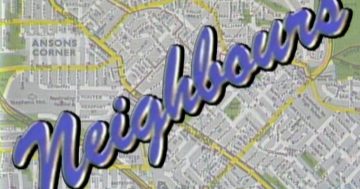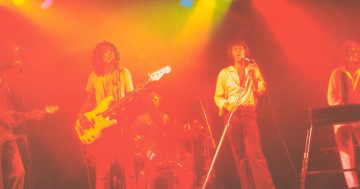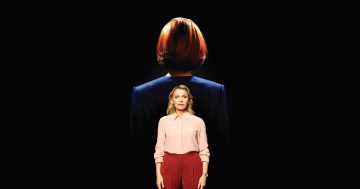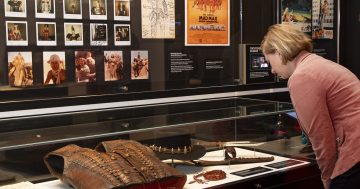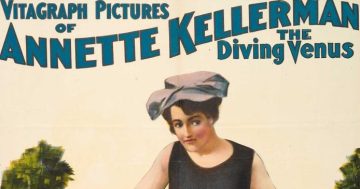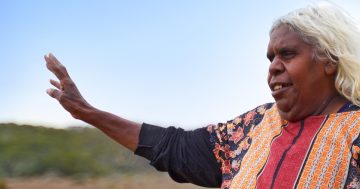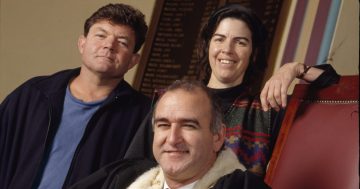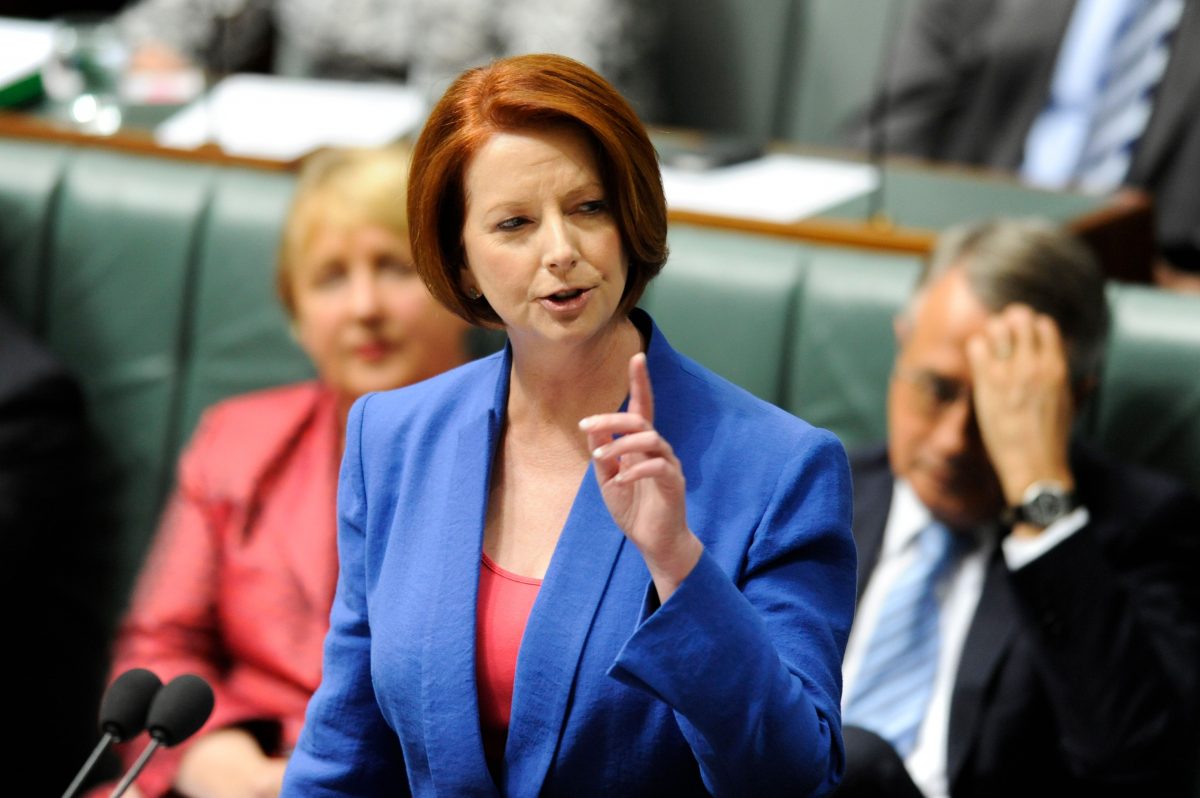
Former Prime Minister Julia Gillard delivers the Misogyny Speech to Federal Parliament in 2012. The speech has been collected by the NFSA as a 2022 Sound of Australia. Photo: NFSA.
They are the sounds of Australia: from the TV soapie Neighbours theme song – that’s older than most of its teen stars – to that speech by former Prime Minister Julia Gillard to galvanise a generation of women. And thanks to the National Film and Sound Archive (NFSA), they’ll be around for ever more.
The NFSA added 10 new stories to its Sounds of Australia registry this week, quintessentially Australian stories that add, in their own way, to the nation’s narrative.
Starting in 2007, the NFSA has been adding to this registry annually, ensuring our stories live on, regardless of whether they’re part of our social, aesthetic or political history.
Each year, the NFSA asks for public nominations for the list via its website and they are collated with nominations from past years. The usually thousands of nominations then go to an expert panel, made up of industry professionals, academics, artists and others who vote for their top 10.
NFSA curator Thorsten Kaeding said because each person on the panel voted independently, “that usually gives us a clear picture of what each individual thinks. This year we had a very clear picture of what people wanted to see on the list – Julia Gillard’s Misogyny speech.”
In the 15-minute speech delivered in 2012, the former Prime Minister railed against the extreme sexism she had experienced throughout her political career.
Directing it at the then Opposition Leader Tony Abbott, she said: “I will not be lectured about sexism and misogyny by this man. I will not. And the government will not be lectured about sexism and misogyny by this man. Not now, not ever.”
Mr Kaeding said it was clear the speech struck a chord with this year’s Sounds of Australia panel. “It clearly fits all the criterion of what we were looking for,” he said.
“It has lasting resonance and relevance for people, it’s powerful, evocative and it also sums up a cultural phenomenon beautifully.
“Interestingly,” he said, “it seems to have received more attention now than when it was actually delivered. It did receive attention at the time, but back then I don’t know that it was seen as something of a lasting nature.
“To see it on the register now is a really good indicator of its importance.”
From its beginnings in 2007, the registry now has 175 sounds on its books, including the 2022 additions.
Mr Kaeding said the Neighbours theme song wasn’t a huge surprise. “We have received many nominations for it over the years, but this is the first time it’s made the list.”
He said a TV network’s decision earlier this year to axe the long-running soapie – before another network announced it would pick it up again – could well have had something to do with this year’s nomination.
“Perhaps news that it was axed sharpened people’s focus on its relevance and importance and that may have had a bearing on it. Or sometimes, in terms of social history, really good theme songs can have a life outside and beyond.”
Sister Janet Mead’s rock version of A Lord’s Prayer, and that disco classic Stayin’ Alive by the Bee Gees, also made this year’s list.
Mr Kaeding said regardless of what you thought of Sister Janet’e version of the prayer, there could be no denying it was part of a social – and financial – phenomenon. Turns out the record sold three million copies worldwide and was the first Australian recording to sell more than a million in the US alone.
“No-one will love all 175 on the list,” Mr Kaeding said. “But what is most important are the stories behind each one of them – they’re all fascinating.”
The full list of the 2022 additions is:
- Farewell address by Hallam Lord Tennyson (1904)
- Digger by Jack Lumsdaine (1942)
- Horrie Dargie Concert by the Horrie Dargie Harlequintet (1952)
- The Drover’s Dream; The Bullockies’ Ball by the Bushwackers (1956)
- Out with the old and in with the new by Ted Roberts (1965)
- The Lord’s Prayer by Sister Janet Mead (1973)
- Stayin’ Alive by the Bee Gees (1977)
- Neighbours theme song by Barry Crocker, Tony Hatch and Jackie Trent (1987)
- Bicentenary protest coverage by Radio Redfern (1988)
- The Misogyny Speech by Julia Gillard (2012)












